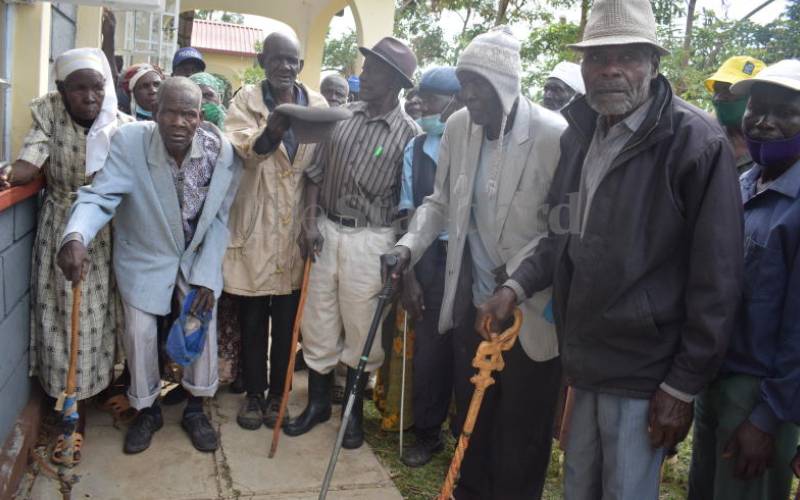
Political debates are heating up in the run-up to the General Election next year. Kenyans are notorious for voting for personalities, especially those from their tribes, as well as accepting handouts in exchange for votes. These actions are arguably the main causes of poverty and corruption that arises out of bad governance.
Good policy proposals tend not to sway voters. However, some significant policies on social and economic issues are being offered by political candidates, especially former Prime Minister Raila Odinga and Deputy President William Ruto. Kenyans should take these proposals seriously, scrutinise them and vote based on the ideas they like most.